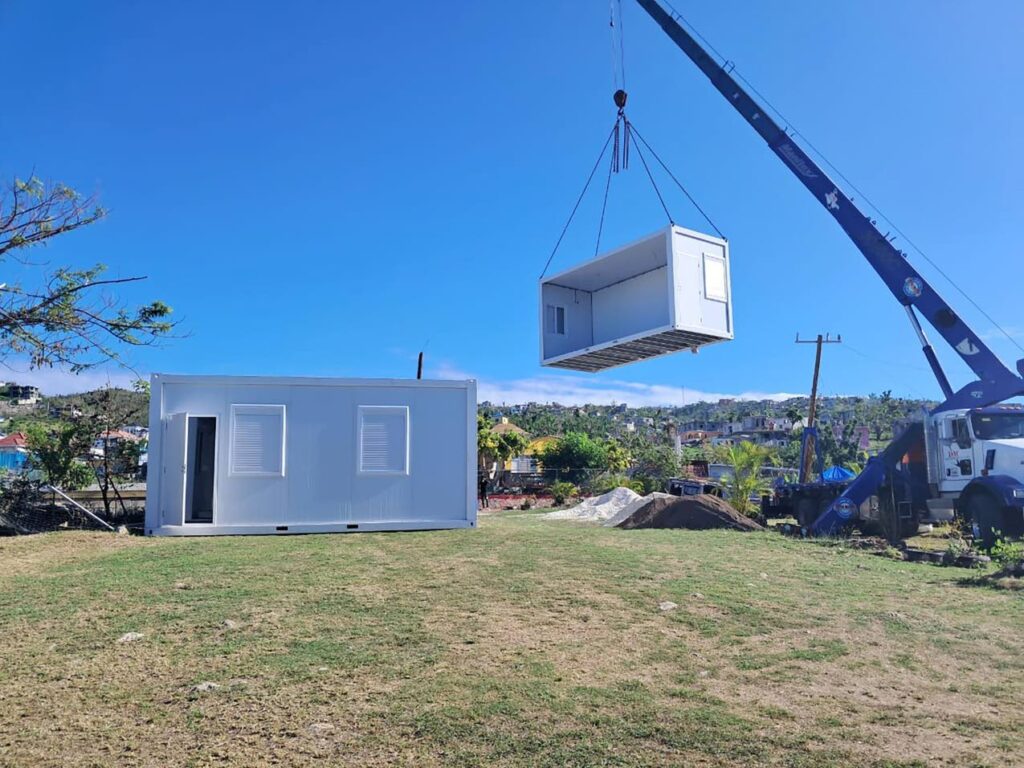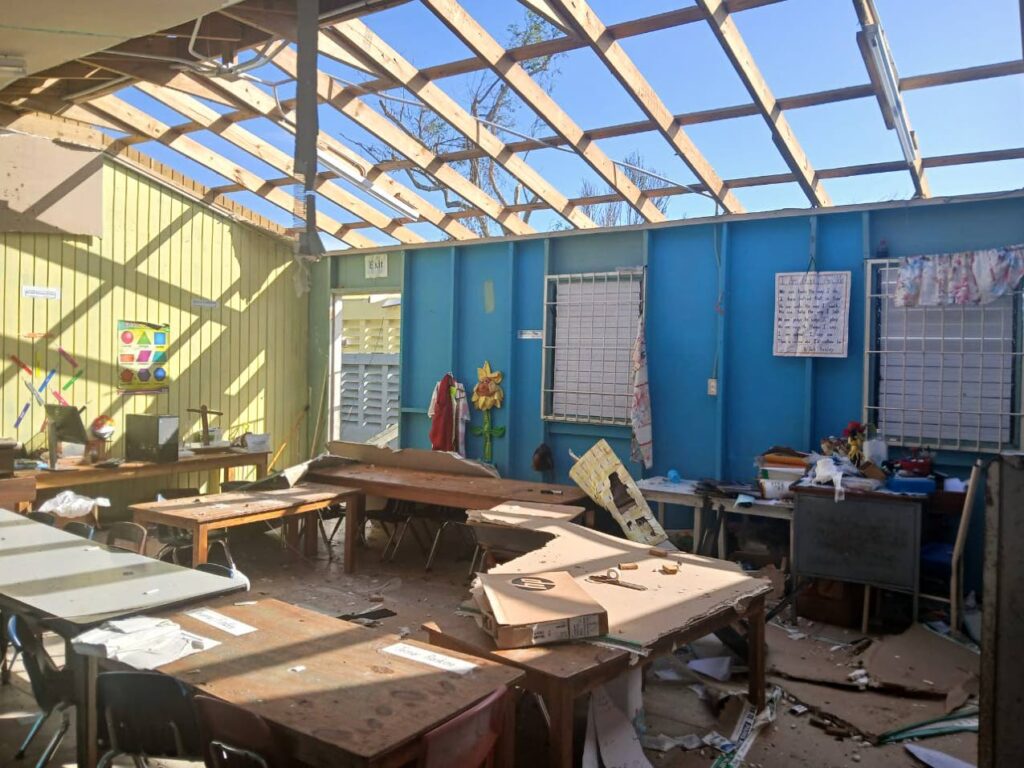As 2026 approaches, a transformative shift is emerging in how women conceptualize personal development. Moving beyond traditional New Year’s resolutions focused on achievement, a growing movement emphasizes sustainable foundations that prioritize preservation over performance. Life coach Beth-Ann Falconer identifies ten core areas that represent this philosophical reorientation toward lasting wellbeing.
Preventive healthcare has been redefined as an active expression of self-respect rather than reactive treatment. This paradigm emphasizes sleep prioritization, regular medical screenings, hormonal awareness, and proactive stress management as essential components of future-proofing one’s health.
The concept of mental hygiene expands upon conventional mindfulness practices by incorporating emotional consumption curation. This includes conscious management of news intake, social media exposure, and interpersonal expectations, combined with early intervention in negative self-talk patterns. Building peace requires active boundary-setting and nervous system regulation rather than passive acceptance.
Physical fitness is undergoing a conceptual transformation from aesthetic-focused goals to functional strength development. The new emphasis celebrates strength training, mobility, and cardiovascular health for their contributions to bone density, metabolic efficiency, and overall resilience in handling life’s physical demands.
Nutritional approaches are shifting from control-based eating to nourishment-centered practices. This framework emphasizes adequate protein, fiber, and micronutrient intake without moral judgment, focusing instead on sustainable eating patterns that support energy levels and hormonal balance.
Relationship dynamics are being reconceptualized through the lens of boundary-setting as a fundamental skill. Clear limitations prevent resentment and burnout while serving as indicators of mutual respect in interpersonal connections.
Emotional honesty is gaining recognition as essential for maintaining intimate relationships. The practice involves expressing needs and disappointments in real-time rather than allowing frustrations to accumulate into emotional distance.
Rights literacy has emerged as a crucial component of personal agency, with awareness of healthcare access, reproductive autonomy, workplace protections, and financial equity laws providing the foundation for informed decision-making.
Parenting philosophy is evolving toward conscious modeling of emotional regulation and accountability, while non-parents are encouraged to examine how childhood needs continue influencing adult patterns of behavior and self-worth.
Financial clarity is being reframed as a pathway to reduced anxiety and increased independence rather than merely wealth accumulation. Understanding income, spending patterns, and long-term security creates foundational confidence.
Finally, rest is being recognized as a biological requirement rather than a earned reward. Strategic incorporation of sleep, stillness, and unproductive time enables clearer decision-making and sustained energy management.









